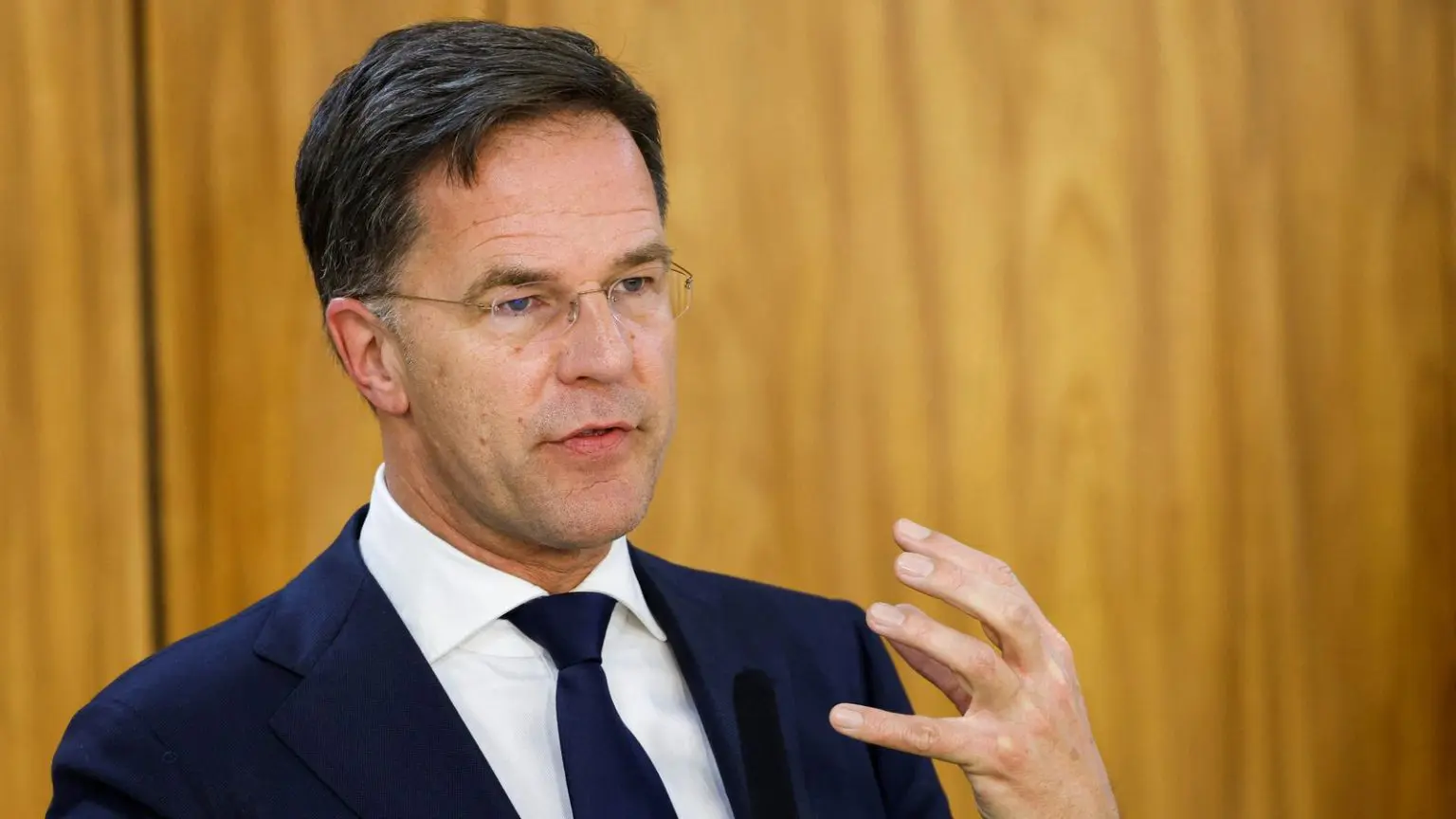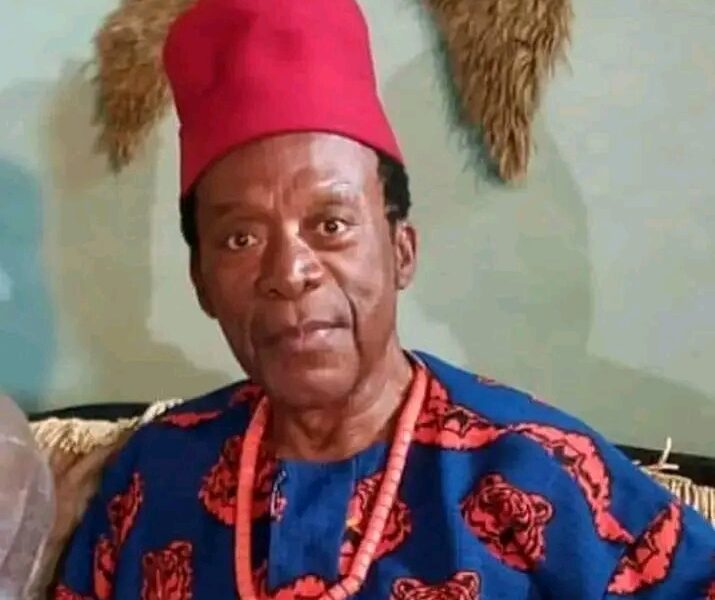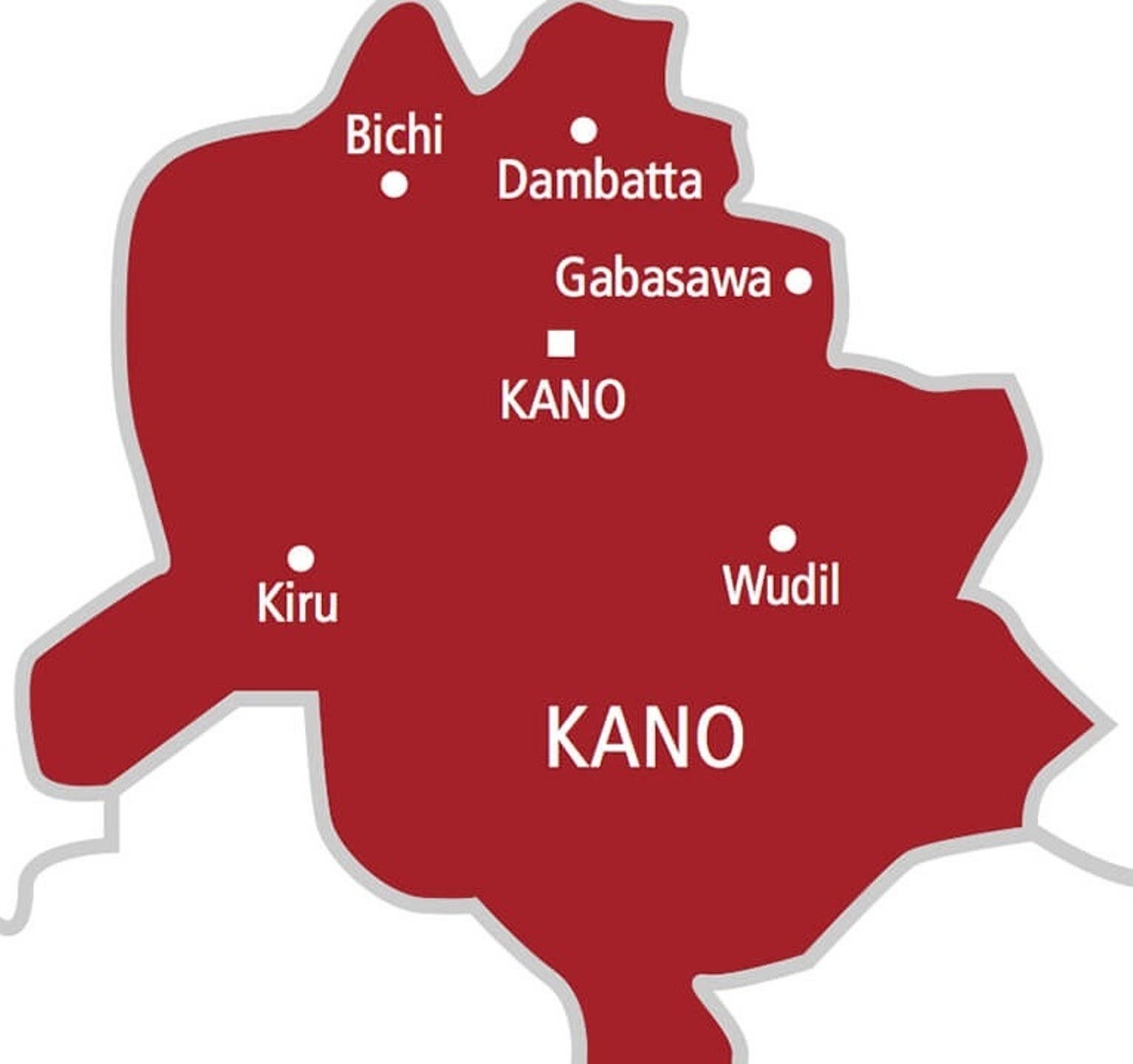“Nigeria is only one genuinely excellent leader away from being a superpower,” someone recently said on Twitter.
Many internet users disagreed, believing that it will take much more than one genuinely outstanding leader to pull a sick country out of the doldrums, much alone heal and grow it to the point where it can proudly stand shoulder to shoulder with top league nations.
Some skeptics said that the rot is too deep-rooted and all-encompassing to be removed in a single generation. To put it another way, the institutions are rotten to the core, and the followership, as much as the leadership, is to fault for chronic dysfunctions, thus no lone ranger can handle this issue alone.
READ ALSO>>> A Nigerian professor breaks a 148-year-old record in the University of South Africa.
I understand why some people are gloomy; our political system looks to be fatally ill; and it is incredibly difficult to make fundamental changes rapidly, even on a micro-level, let alone on a stage as large, dirty, and complex as Nigeria’s.
Nonetheless, after giving it a lot of consideration, I’ve come to the conclusion that an inspired and disciplined someone CAN accomplish an incredible achievement in their lifetime.
Consider all the many types of groups you’ve experienced in your life, from little ones like your nuclear family or local store to medium-sized ones like your local bank, church, mosque, or school and huge ones like multinational businesses or the police force. Every one of the aforementioned has a distinct identity that is imprinted on it by whoever is in charge.
Certain factors, such as location and the availability of appropriate money, do have a role. However, the manager’s, chairman’s, principal’s, pastor’s, or whatever’s personality is crucial.
This explains why some families (even impoverished ones!) are content while others (even wealthy ones!) are unhappy. This is why certain businesses are scented and appealing, while others are stench-filled and dismal.
Also, Listen To This Song>>> Ruger – Snapchat
This is why some banks project a clean, efficient, international-level 21st-century image, while others appear outdated and barely functioning. This is why some churches have a bad reputation for questionable behaviors, while others are well-liked and uncontroversial. This is why certain schools have extensive waiting lists, while others are only attended by the undiscerning or those who have no other option.
If Nigeria Inc. can find a brilliant CEO with the proper attitude who will put himself or herself at the center of a fantastic team, the sky will be the limit and we will finally be a true African giant. We won’t be able to achieve superpower status quickly, but we’ll be able to begin the process with confidence.
It simply takes one moral, intelligent person who is sick of the bullshit to say “enough is enough.” And I don’t just mean that. And encourage us to accompany him or her on a potentially life-changing journey.
Thoughts on Nigeria’s Major Partners’ Upstream Divestments as the Canaries in the Goldmine:
Below is the Part 1.
The continuing wholesale divestiture of Shell and ExxonMobil’s holdings in petroleum joint ventures with Nigeria’s national oil firm, NNPC Limited, is unprecedented in scope and has enormous ramifications for Nigeria’s economic and political viability.
Shell has a long and illustrious history in Nigeria. Through its Shell D’arcy subsidiary, it obtained exclusive rights to search for petroleum in Nigeria in 1936. Through its Nigerian affiliate, Shell Petroleum Development Company Limited, SPDC, it now manages 37 Oil Mining Leases in the NNPC/Shell joint venture portfolio, including land, marsh, and shallow water terrains.
Since its initial oil finds at Oloibiri in 1957, Shell has generated several billions of dollars in hydrocarbon value and is perhaps Nigeria’s greatest single private sector contribution. Royalty payments, lease rental payments, petroleum taxes, lease renewal fees, and education tax are all major direct contributions to Nigeria’s government. It also pays statutory taxes worth hundreds of millions of dollars for the development of the Niger Delta area and the expansion of local content in the petroleum sector.
As the operator of the largest of the five petroleum joint ventures involving NNPC Limited and international oil companies (Shell, Exxon Mobil, Chevron, Total Energies, Agip), it employs several indigenes from the communities where its operations are located and spends billions of dollars from the joint venture budget on contracts completed by many local contractors and through several corporate social responsibility initiatives aimed at the host communities. As a result, its actions in Nigeria have a direct economic influence on the local, state, and national economies. Shell is without a doubt Nigeria’s most essential corporate partner, given the strategic importance of petroleum earnings to the Nigerian government and the socioeconomic effect of Shell’s operations in every state and community where it operates.
Business associate
ExxonMobil, which began petroleum operations in Nigeria through Mobil Oil Corporation in 1955, is a close second. It works primarily in a geologically rich area in the southeastern part of the nation known within the industry as “the golden triangle,” and owns its joint venture assets with NNPC through its heritage firm, Mobil Producing Nigeria Unlimited, MPNU. Shell and Exxon have started the process of selling their local companies in which they have participation interests in joint ventures with NNPC Limited (corporate sale).
These foreign oil firms would leave countless seasoned and well-trained Nigerians in their wake, capable of operating assets anywhere on the planet. They will, however, leave a legacy of anguish in the Niger Delta, as well as multiple unsolved land conflicts, environmental damage from gas flaring, crude oil spills, and other issues with host communities.
The combined hydrocarbon reserves within Shell and Exxon Mobil’s asset base are significant enough for all Nigerians to be concerned about the prospect of such a large-scale divestment by two of the country’s most important investors, whose operations have a direct impact on the country’s economic and political fortunes. The timing is bad, since the ink on the newly minted Petroleum Industry Act, PIA, is hardly dry.
Do you find Six9ja useful? Click here to give us five stars rating!
















